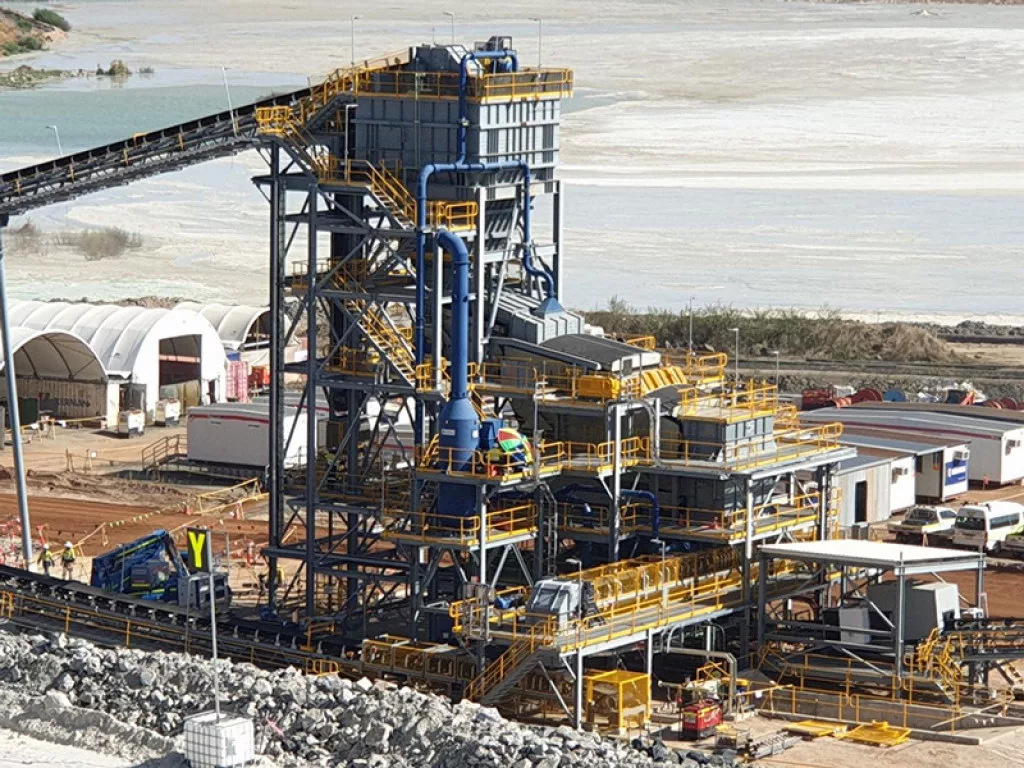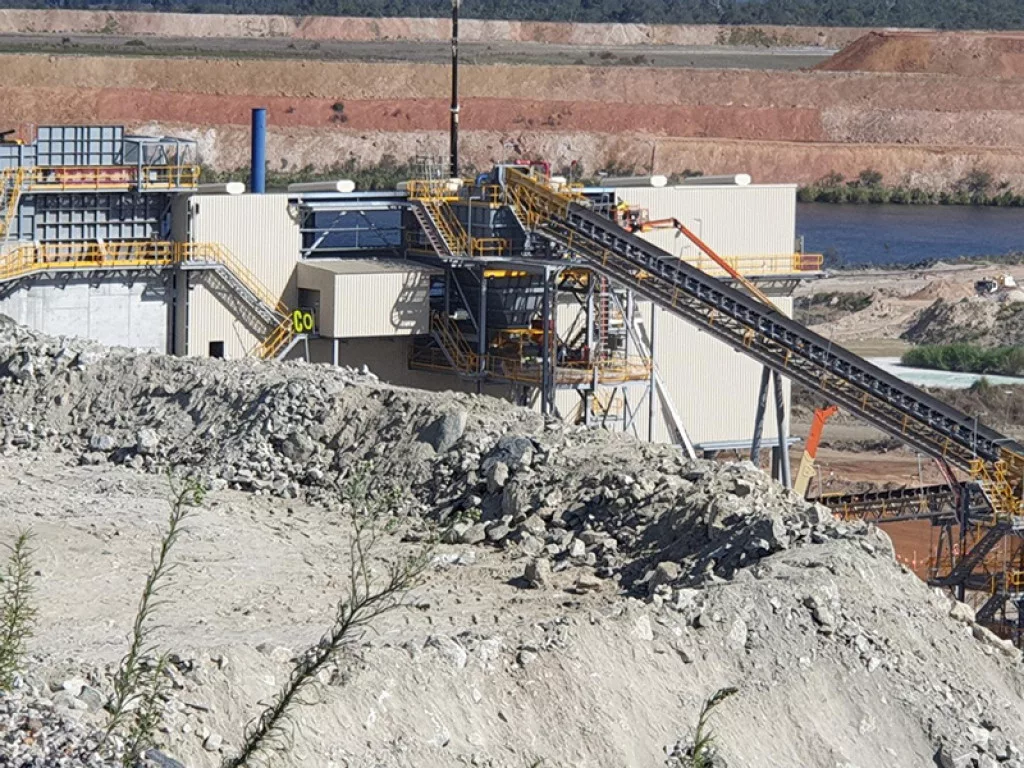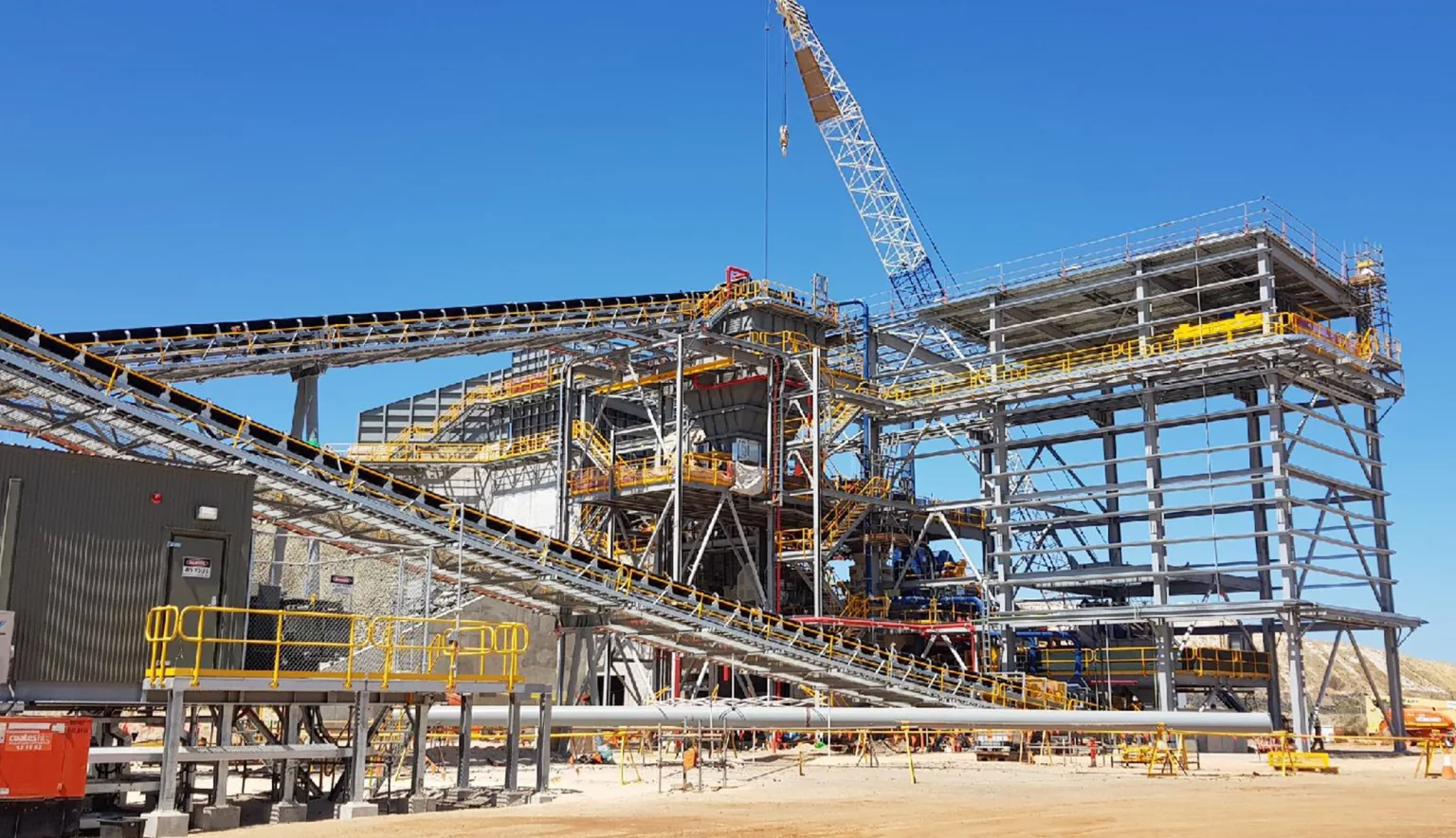Glen Weir, CEO at CPC Engineering, discusses the importance of fostering and maintaining key, strategic relationships for mutual success in the industry.
DRIVING PARTNERSHIPS FOR SUCCESS
Trust isn’t something you can buy; it has to come naturally.
According to Glen Weir, CEO at CPC Engineering, time is everything. “It’s all about relationships. If you do have an issue but have a good relationship, then it’s easy to sort out,” he discusses. “The trouble comes if you don’t have a very good relationship then that can lead to a bitter feeling for both parties. A good relationship is only built up over time.”
Weir’s company CPC has developed a reputation as a leading mid-tier provider of engineering design, construction and maintenance services to the mineral resources industry. Its highly skilled and talented team has the experience and expertise to deliver practical solutions, supported by seamless integration of design and project systems to fast-track project delivery. Today, CPC is well-positioned to respond quickly and effectively to project requirements through a well-established network of workshops and design facilities. Over the past 50 years, CPC Engineering has developed and maintained strong relationships with its clients, delivering beyond expectation in an open and honest approach. This simple and consistent style forms the crux for continuous growth and success.
WORKING TOGETHER
And helping the company to achieve sustained success in the market are its partners. Without key, strategic relationships, a business can fail fast. For Weir, he recognises how vital forming positive connections in the market is but realises that it doesn’t happen overnight. “We have brilliant relationships with our suppliers built through 51 years of mutual trust and operation, but it’s very competitive at the moment as new players are always entering the market,” explains Weir. “Ultimately, you’re only as good as the last job and I’m proud to say that the vast amount of our relationships are strong and built up over a number of years.”
And Weir has played his part in forming those long-lasting relationships himself. Having first joined the company in 2003, he has overseen the growth of the company first-hand from a small regional workshop to a leading mid-tier provider of engineering, design, construction and maintenance services. In total, he has over 40 years’ experience in the minerals resources sector, covering all aspects from maintenance, design and project management to commissioning and handover of operations.
With such extensive experience under his belt, Weir is an industry expert and believes that mining remains both exciting and challenging in equal measure. “It’s much the same as it was before in that respect,” he discusses. “In Western Australia, iron ore is still doing well, as is gold. While, there has of course been a paradigm shift in terms of green industry. Nickel, cobalt, lithium and graphite are performing well and fortunately, we have a real abundance of these materials in Western Australia.”
However, while Weir acknowledges how important a surge in demand is for minerals, he is well aware of the difficulties his industry faces. “The real challenge we have had is the lack of labour,” he says. “When COVID-19 hit, the borders closed to inter-state and international workers and everyone in Western Australia has experienced a challenge with attracting people. We’re many thousands of people short and all competing in the same labour pool. As soon as the federal and state governments can get the vaccine rollout done and introduce fit for purpose isolation facilities when people come in from overseas then the better off we’ll be.”
“We’ve tried to create a culture where people can make mistakes and to learn from them”
Glen Weir, CEO, CPC EngineeringOperating with a range of different regional offices across Western Australia, CPC Engineering designs and builds process plants. “I think our competitive advantage comes from having people in regional areas which can carry out maintenance and shutdowns while we also operate that central design office in Perth,” explains Weir. “We maintain a good relationship with operations people, and this allows them to feedback to our team in Perth.”
One of CPC’s most important projects that has been undertaken recently was the Balama Graphite Project for Syrah Resources. “This was completed a few years ago in Mozambique and it is one of the largest graphite plants in the world. It was particularly influential,” discusses Weir. The organisation also conducts a lot of work through its regional branches in which case the Perth based engineering division provides a support role when required. “We design and construct a lot of standalone crushing plants and process plant upgrades for a range of clients,” he adds. “By using our local labour teams we can then provide the ongoing shutdown and maintenance services which has really helped grow the business.”
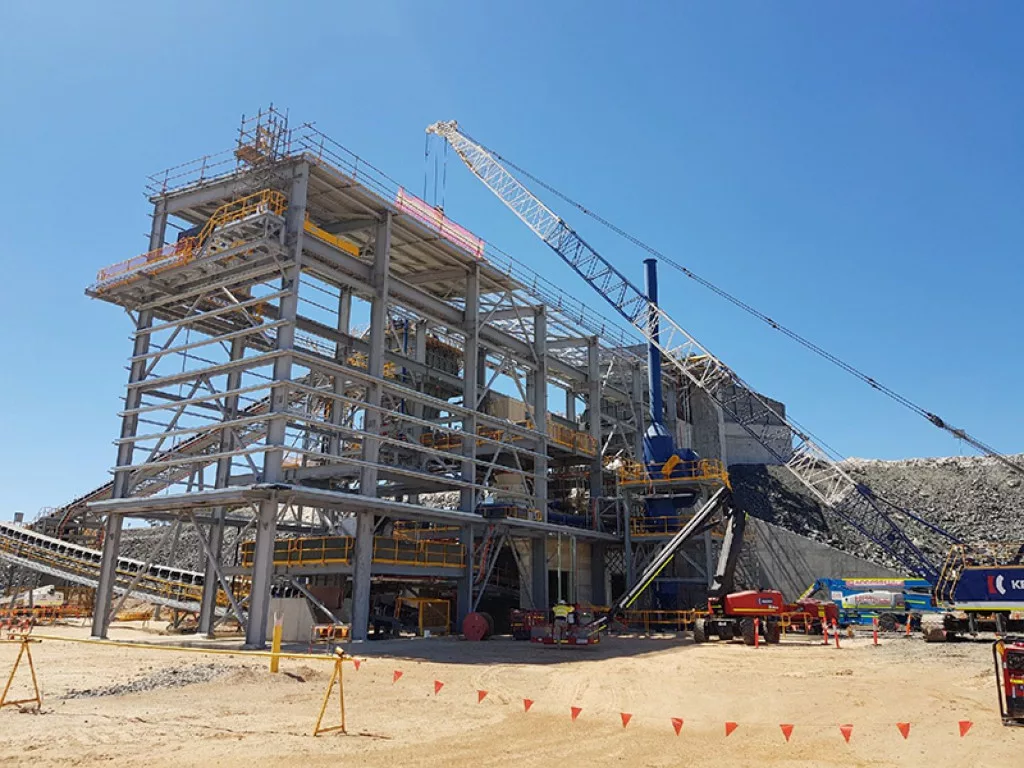
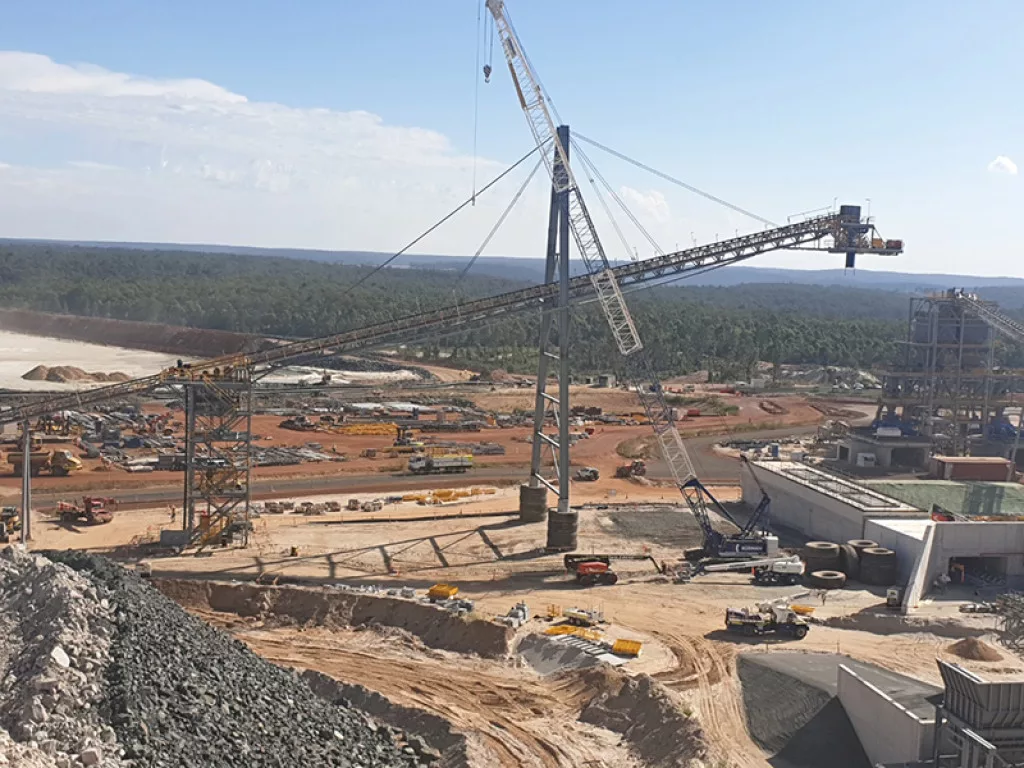
INFLUENTIAL PARTNERS
Indeed, as a result of the importance of the role suppliers play, Weir believes that outlining expectations and developing understanding is crucial. “When you enter into any relationship, you go into it with your eyes open,” he explains. “We’ve had a number of jobs where we’ve partnered with people and once you’ve worked with each other on more modest projects and got to see what the other is like under pressure then you can develop trust and take on larger jobs together. Sometimes, you need people with skills in specific areas that you don’t have. Those relationships that have lasted the longest are the ones where you both have a common goal and are prepared to hurt a bit if there’s an issue and share the rewards together. If you’ve got a partner who is prepared to do that, then as a consequence, you’re stronger and you can take on far more challenging projects together. Time is everything.”
Harnessing a positive culture that makes staff want to be a part of the journey is key. Staff are central to success and by empowering employees, companies can retain people more easily while making onboarding a far less frequent process. “We try to push the decision-making process as far as possible,” stresses Weir. “It’s important for us that the correct decisions are made at the correct level across the business. If you’ve got a culture where everyone pushes a decision upwards, then you can become unstuck quickly. We’ve tried to create a culture where people can make mistakes and learn from them.”
Indeed, according to Weir, it is that family culture which is key. “We like to think that we have a family culture and that we look after each other. That has been very important in recent times when there is pressure on people to move throughout the industry because of a shortage of labour. There is a bit of a bidding war because people are jumping ship to take on more lucrative jobs, but our core group of people are always part of our family. If you pay reasonable rates in comparison to the industry average, then people will stay as a result of a positive culture. Some people have been with us for over 20 years and that’s important.”
Looking ahead, the future is bright for Weir and CPC Engineering. However, he’s cautious about targeting expansion that is too ambitious for the level the firm wishes to remain at. “We’re always on the lookout for opportunities to grow,” he explains. “We’re careful as to where we seek to expand because we understand that if we invest money then we might not get it back. For us, the aim is to be around 30 percent bigger than we are but no more than that. We don’t want to try and become a major engineering house because we see ourselves in that mid-tier position and able to complete those large projects up to $150 million. That way we can maintain our position in the industry and de-risk any problems that come out of trying to become larger than that. The size we are now means that we can organically grow to the 30 percent bigger we envision but that’s the ceiling for us.”
